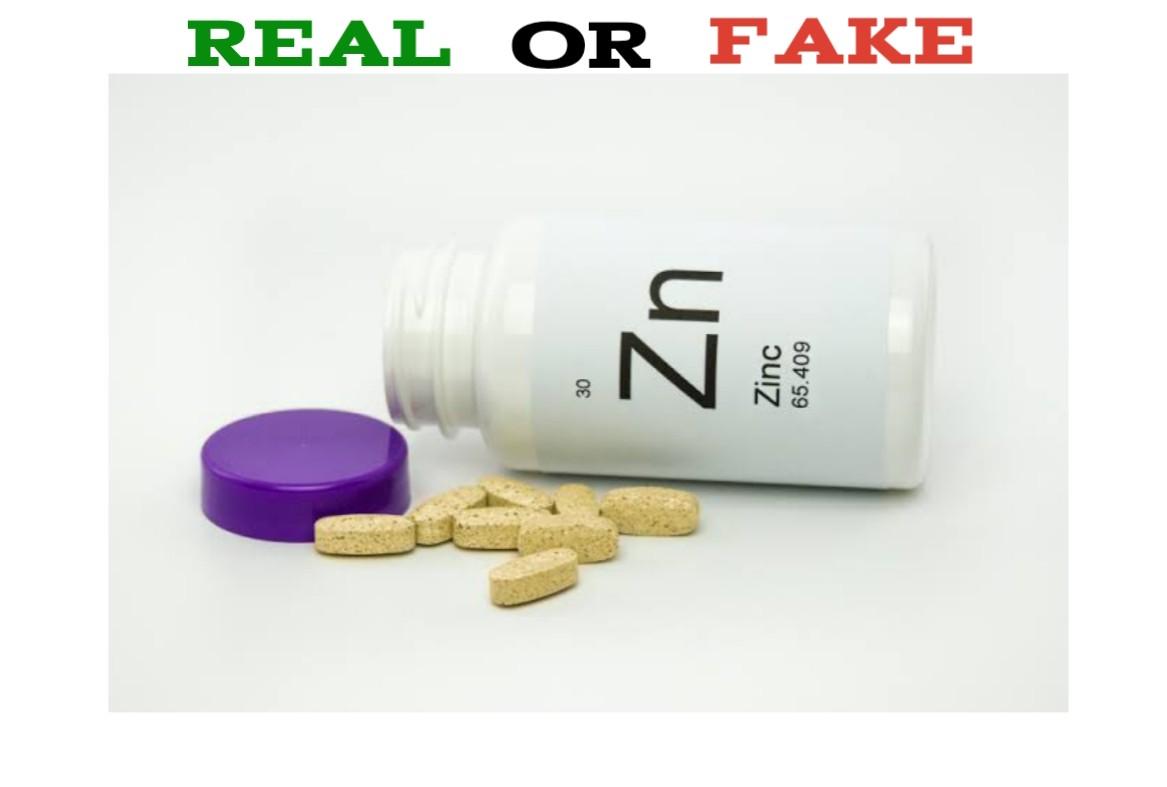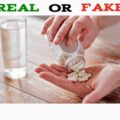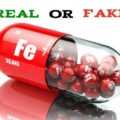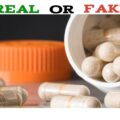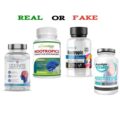Zinc is an essential micronutrient that is crucial to almost every aspect of your health. It’s second only to iron as the most abundant trace mineral in your body. Available in many different forms, zinc supplements are often used to treat an array of ailments.
Research shows that this mineral may enhance immune function, stabilize blood sugar levels, and help keep your skin, eyes, and heart-healthy. When choosing a zinc supplement, you’ll likely notice that there are many different types available.
These various forms of zinc impact health in distinct ways.
Here are a few you might find on the market:
- Zinc gluconate: As one of the most common over-the-counter forms of zinc, zinc gluconate is often used in cold remedies, such as lozenges and nasal sprays.
- Zinc acetate: Like zinc gluconate, zinc acetate is often added to cold lozenges to reduce symptoms and speed up the rate of recovery.
- Zinc sulfate: In addition to helping prevent zinc deficiency, zinc sulfate has been shown to reduce the severity of acne.
- Zinc picolinate: Some research suggests that your body may absorb this form better than other types of zinc, including zinc gluconate and zinc citrate.
- Zinc orotate: This form is bound to orotic acid and is one of the most common types of zinc supplements on the market.
- Zinc citrate: One study showed that this type of zinc supplement is as well-absorbed as zinc gluconate but has a less bitter, more appealing taste.
Because it’s one of the most widely available and cost-effective forms of zinc, zinc gluconate can be a good option to help bump up your intake without breaking your bank. However, if you’re able to invest a bit more, zinc picolinate may be better absorbed. Available in capsule, tablet, and lozenge form, there are plenty of options to get your daily dose of zinc — regardless of the type you choose.
However, one 2013 study that randomly selected 44 popular supplements found only 48 percent of the supplements contained what was on the labels. Additionally, one-third of these same supplements contained fillers or contaminants not listed on the label, some of which “pose serious health risks to consumers.” Shockingly, this study found only two of the twelve companies had products that were exactly as they claimed on the bottle.
The Outbreak of the COVID-19 pandemic further exacerbated the fake supplement problem especially zinc. Widespread rumor that taking zinc supplements could help prevent infection with SARS-CoV-2 or treat COVID-19 sent prices of the product over the roof while counterfeiters took advantage of the gap in supply. It is true that zinc is an essential mineral that helps support the functioning of the human immune system. According to a team of researchers from Russia, Germany, and Greece, zinc might be able to act as a preventive and adjuvant therapeutic for COVID-19. Their results appear in the International Journal of Molecular Medicine. However, they also point out the lack of actual clinical evidence that zinc might have an effect against SARS-CoV-2 in humans.
Should You Buy Supplements on Amazon?
There are a lot of worrisome articles circulating about counterfeit supplements being sold on Amazon.com. The truth of the matter is, there’s little Amazon can do to protect you against fake products and fake reviews. Though they have a process for reporting and banning counterfeit third-party sellers, these can pop up overnight and it takes time for them to be reported.
Fortunately, you can buy directly from manufacturers on Amazon, manufacturers who are verified and should have a detailed manufacturer profile. You don’t need to fear buying from Amazon if you only buy from verified manufacturers.
Should You Buy Supplements from Retail Locations?
It’s not enough to blindly trust retailers because fake vitamins are sold in stores as well. Large retailers such as GNC, Target, Walgreens, and Walmart have been caught red-handed with fake supplements. The New York Attorney general’s office accused these four retailers of selling fraudulent products.
Here are some of the shocking findings from the NYC attorney general’s report:
- A ginseng supplement sold at Walgreens contained only powdered garlic and rice.
- Six herbs sold by Target tested negative for the herbs listed on their labels. Instead, these supplements were made up of rice, beans, peas, and wild carrots.
- GNC had supplements with ingredients missing from their labels. These hidden ingredients included peanuts and soybeans, which can be very dangerous for anyone with allergies.
The bottom line is this—neither Amazon nor retail stores are sources you can blindly trust when it comes to supplements.
How to Avoid Fake Zinc Supplements
- Buy Directly from Reputable Manufacturers
Once you’ve found a reliable manufacturer of a particular supplement you want to buy, you can go right to the manufacturer’s website and purchase directly from them. This is the number one method you can implement to ensure your supplements are not only real but high quality.
Sure, it may be a bit more expensive because you might not get the free shipping that comes from your Amazon Prime account. However, you’ll have the guarantee of the product coming straight from the manufacturer without passing through any unnecessary and potentially dangerous third parties.
Keep in mind, it’s often possible to buy directly from a manufacturer using Amazon. Many manufacturers recognize how convenient it can be for the consumer to use this e-commerce platform and set up an account to sell from their site.
- Buy Directly from Reputable Sources
This strategy differs slightly from manufacturers in that there are many doctors, nurses, and wellness leaders who sell their own private label products. These are often blends of vitamins, minerals, nutrients, or herbs that have been developed from their personal clinical experience and research. There are actually many successful blends that were developed by health professionals to support their own patients in their practices. Many of these supplements are unique or personalized health solutions and shouldn’t be overlooked just because they aren’t from the manufacturer themselves.
In the case of supplements sold by reputable sources, be sure to use a similar mentality as you do when you buy from reputable manufacturers. Once you identify the product and source as high quality (from your excellent sleuthing), you should then only buy this directly from the source. Avoid third-party sellers, especially if they are selling the product at a fraction of the price.
- Check the FDA Tainted Product List
You can check the FDA’s tainted products list. This is a running list of potentially hazardous products but is by no means complete.
- Check for Red Flags
Major red flags include:
- If the product seems fake or too good to be true
- Supplements that are very cheap
- If the seller has no contact information
- Reviews that seem overly curated
- Check for Signs of Credibility
Signs of credibility include:
- Trusted certifications
- Third-party lab testing
- Choose trusted brands that have been around for many years
Ultimately, just like anything else you buy, you run some risk of it not being exactly what you paid for—especially when you get it online. You can check for red flags and signs of credibility but keep in mind many of these can be forged, and so it’s better to stick with a manufacturer and source you trust.
With supplements you should be extra vigilant and spend a little extra time researching, along with possibly a few extra dollars to ensure you are getting exactly what you’re looking for—it pays off in the long run. SEE: How Good Are Life Extension Supplements


